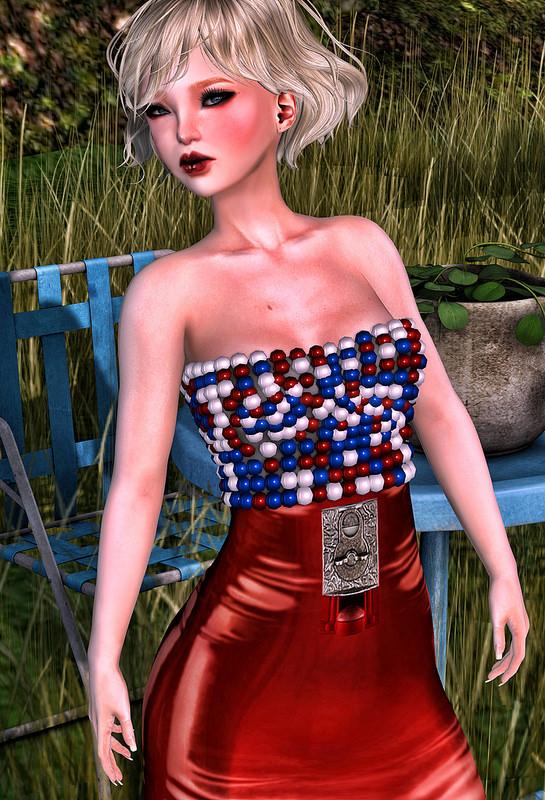Nothing much happens in The House of Certain Death, first published in French in 1950as La maison de la mort certaine) by Egyptian-born French writer Albert Cossery (1913-2008). Surprisingly (or willfully!) it ends with a rabble-will-rise invocation by the tenement tenants of venal landlord Si Khalil. It is especially surprising in that before that they could not agree about anything, constantly quarreling and often cursing each other while, with good cause, fearing the building will collapse. Before the solidarity imagined for the end, the best those living there hoped was: “The house will fall on our heads, but there are a lot of us. We shan’t all be killed. Some will survive and know how to avenge the others” (Abdel Al’s articulation of their fatalism)

Cossery mentioned reading Gorky in prison, but Gorky (along with French “naturalism”) also seems to have influenced Cossery. Or at least I don’t see the form as much influenced by indigenous Arab models… This might be because of my ignorance, but I don’t think it is.
Cossery aimed to show “limitless ugliness of life” in an Egyptian city slum and certainly succeeded in that: there’s lots of degradation and decay on view (from back in the reign of King Farouk).

My favorite Cossery fiction available in English is his third novel, The Lazy Ones, (first published in French in 1948 as Les fainéants dans la vallée fertile) in which Serag mystifies everyone by seeking to break loose from his eternally sleeping family and fantasizing about work. Outside his family everyone he encounters wonders why he would want to work if he didn’t have to. Inside the family, repose is valued more highly than sex. The servant Hoda, whom Serag’s brothers lust after, wants Serag, who is not interested, regarding sex as a drain of his limited energy that should be devoted to leaving the house of sleepers and finding work
There is also Mimi, a painter who thinks artists must be pederasts and who longs for his former classmate of Serag’s older brother Rafik (who in turn misses the prostitute he almost married and is contemptous of Mimi, even suggesting that he isn’t a real invert).
And the father (Hafez) is trying to arrange a marriage despite his growing hernia (as large as a watermelon). The matchmaker telles people that he has diabetes. In her view only righ people could eat enough sweets to become diabetic, to that this is a selling point.
©2017, Stephen Murray
Also see my review of Proud Beggars. Cossery’s forebearers were Greek Orthodox, not Muslim; all eight of his novels were about Arabs.
Advertisements Share this:




